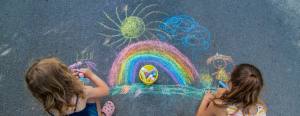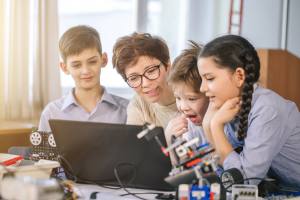Blog Series: Mastering Classroom Behaviour / Behavioural Management
Dealing with Defiance: Effective Approaches to Handle Oppositional Behaviour
Defiant behaviour in the classroom can be one of the most challenging situations for teachers and support staff to manage. When a student refuses to follow instructions or challenges authority, it can disrupt the learning environment and create tension between the student and teacher. However, handling oppositional behaviour in a calm and constructive manner is key to preventing escalation and maintaining a positive classroom atmosphere.
This blog explores effective strategies for managing defiance while preserving the relationship with the student and encouraging positive behaviour change.











